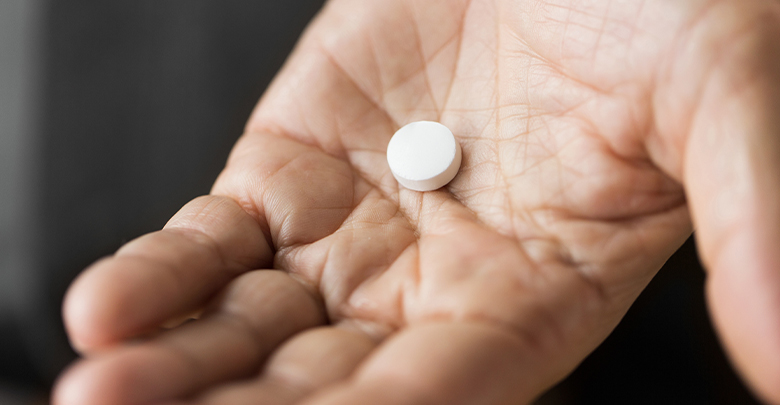New Flu Treatment for People with Diabetes
Augment your flu shot with these pills; take within 48 hours of getting flu-like symptoms to avoid full onset of the flu

For the average person, the flu might be no big deal — but for people with type 1 and type 2 diabetes, the flu can be devastating. (This is why, by the way, you should get your flu shot! And if you don’t have diabetes, you should still get your flu shot to minimize your risk of passing it on to people with diabetes!)
In addition to receiving your flu-shot, a new drug — Xofluza — has been approved by the FDA to treat patients in “high-risk” populations who get the flu. This drug could potentially save lives in this population who is most vulnerable to the side-effects of the flu.
The following people are considered at “high-risk” of not only contracting the flu but also of facing life-threatening conditions if they do get the flu.
- People with diabetes
- People with heart disease
- People who’ve experienced a stroke
- People with asthma
- People over the age of 65
- Young children
- Pregnant women
- People being treated for HIV/Aids
- People with cancer
- Children with neurological disorders
If you do think the flu is no big deal, the Center for Disease Control & Prevention (CDC) reports the following statistics about flu season through 2017 to 2018:
- 48.8 million people in the USA got the flu
- 22.7 million people went to their doctor because of the flu
- 959,000 people were hospitalized because of the flu
- 79,400 died because of the flu
How Xofluza works
Xofluza is taken only once and in pill-form. It will be most effective at preventing the flu from fully developing if you take it within the first 48 hours of developing flu-like symptoms.
A challenging aspect of this will likely be getting to your doctor within those first 48 hours. It’s easy to dismiss early flu symptoms for the common cold and then likely takes a day to get into the doctor’s office once you’ve determined you should go.
One would hope some primary care providers might prescribe Xofluza for patients with type 1 and type 2 diabetes at the start of flu season so we could have it on hand for when it strikes. Since this drug is new, it may not be easily prescribed in a “preventative” situation but it’s worth discussing with your healthcare team before you actually need it.
You can reduce your risk of getting the flu — especially during flu season which starts in October and persists until April — with the following steps:
- Get your flu shot from your primary care or local pharmacy
- Wash your hands regularly with soap
- Eat a healthy diet
- Drink plenty of water
- Exercise regularly
To learn more about the flu and diabetes, click here.







